
By Benny BONSU
Ghana is entering a critical and exciting moment in its history, one where sport is no longer viewed as just entertainment or youth recreation, but as a credible driver of national development, international diplomacy and economic opportunity.
Recently, I had the privilege of sitting down with Ghana’s new Minister of Youth and Sports. I’ve spent two decades working across global sports systems, from Olympic institutions to elite federations, and I’ve had many conversations with government leaders; but this one stood out. His vision is bold. His direction is structured. And most importantly, his invitation for collaboration is open and sincere.
We finally have a policy direction that doesn’t just focus on winning medals; it focuses on building an ecosystem. And in that, we have a rare and valuable opportunity to change how Ghana participates in, benefits from and leads within the global sports economy.
The global sports industry is valued at more than US$800billion today, and is projected to exceed US$1trillion by 2028. This includes infrastructure, events, fitness, media rights, fashion and data-driven tech. It’s a serious economy and one that nations are using to build soft power and influence.
Ghana’s strengths are undeniable, with a deeply embedded sports culture, a youthful population with unmatched talent, a global diaspora rich in know-how and experience, a thriving creative economy and a strategic location naturally positioned for tourism and investment. But passion isn’t enough. We need policy. We need infrastructure. And we need intentional leadership that brings every sector – public, private and grassroots – into alignment.
This is where the minister’s new framework becomes not just relevant, but transformative. The government’s newly announced strategic priorities, backed by the Cabinet, give Ghana a working model to activate sports at scale and across sectors. But to realise their full potential, each initiative must go beyond headline value into operational excellence.
The Sports Development Fund – Building sustainable financial foundations
This isn’t a campaign promise, it’s a Cabinet-approved structure for long-term financing. The fund represents a critical shift away from ad-hoc support toward a sustainable, nationally governed financing mechanism for sports development.
For too long, federations, academies and grassroots programmes have relied on inconsistent sponsorships or donor fatigue. Talented athletes struggle to meet basic needs. Initiatives die before they grow.
The Sports Development Fund creates a platform by offering performance-based grants to federations and athletes, financing long-term infrastructure projects, providing seed capital for innovation, sports technology and research, and supporting women’s sport alongside inclusive development programmes. It can also attract co-investment from corporate Ghana, multilateral agencies and international federations, if it is managed transparently and built for scale.
The National Recreation and Wellness Programme: Building a Healthier, More Engaged Population is a programme that repositions sport as a tool for community health, not just elite competition. The impact of mass participation in movement and sport is well documented, leading to improved public health outcomes, decreased long-term healthcare costs, stronger social cohesion at the community level and the creation of new business opportunities in the fitness, lifestyle and wellness sectors.
It offers entrepreneurs, SMEs and municipalities a chance to develop programming that supports both well-being and economic inclusion, especially in underserved regions. This is more than recreation; it’s a national health and productivity strategy.
The school sports revitalisation agenda – Developing our future from the ground up
This initiative may be the most pivotal of them all. By rebuilding the U12–U20 pathway across basic, secondary and tertiary levels, Ghana is creating a pipeline for future champions and industry professionals through the reintroduction of structured P.E. in all public schools, nationwide training and certification of youth coaches, early introduction of Olympic and non-mainstream sports, and the establishment of talent identification and scholarship pathways.
This is how world-class athletes and world-class citizens are developed. The policy must prioritise rural access, disability inclusion and equal support for girls’ sports.
Why now? Why Ghana?
There’s never been a better time for Ghana to go all in on sports. From the global success of the Year of Return to the rise of our creative economy and Africa’s place on the global development agenda, Ghana is already a cultural powerhouse. The next step is to cement our position as a sporting and wellness destination. To do that, we must integrate sports into our economic strategy, building infrastructure, talent systems and partnerships that deliver long-term value to citizens and investors alike.
This isn’t just a government mandate; it’s a call to every sector—Corporate Ghana has a real opportunity to move beyond one-off sponsorships into sustained investments in leagues, academies, facilities and IP; the diaspora, particularly professionals in law, media, sports science and business, must be mobilised as technical partners; and multilateral organisations and foundations must begin treating sports as a legitimate tool for economic development and education, not merely a youth engagement strategy.
Ghanaian organisations like Right to Dream and Saint Benedict’s Foundation have already laid strong foundations at the community level. From mentoring and educational integration to youth tournaments and facilities, they are demonstrating what’s possible when sports are purpose-driven and well-resourced. The question now is: how do we scale this nationally? Earlier this month, I had the honour of speaking at the British High Commission’s ‘Virtual Diaspora Deep Dive’, hosted in collaboration with the UK’s Foreign, Commonwealth & Development Office.
The session, focused on driving economic growth through diaspora engagement, drew hundreds of participants across the UK, Ghana and beyond. What stood out wasn’t just the attendance, it was the energy. The questions came fast. The ideas were sharp. The excitement around sports as an economic lever for Ghana was palpable. From football to media, basketball to wellness, the audience didn’t see sport as a side conversation; they saw it as an engine. A real driver of jobs, infrastructure, youth development, branding and pride. And they’re right.
That moment reminded me: the interest is there, the talent is ready and the diaspora is mobilised. What we now need is structure, coordination and a national platform that allows us all to contribute meaningfully. Ghana has what it takes to lead, both on the continent and across global sport, and our diaspora must be a central part of that story. The global sports map is being redrawn. Africa is at the centre of it. And Ghana has the chance to lead, not by imitation, but through vision and coordination.
As someone serving in a global leadership role in global sport, I see how countries are using sport as soft power. They are building industries, improving lives and exporting culture. Ghana can do the same and better if we align behind a shared plan. We are not asking for a seat at the table. We are building our own table. Let’s do it right. Let’s do it together. And let’s make Ghana the number one destination for sports, wellness and opportunity in Africa.
>>>the writer is a celebrated global sports executive & Founder, Saint Benedict’s Foundation
The post From play to power: Why sports must be at the centre of our economic agenda appeared first on The Business & Financial Times.
Read Full Story



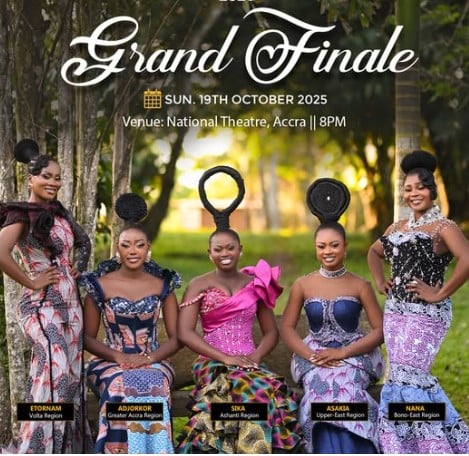
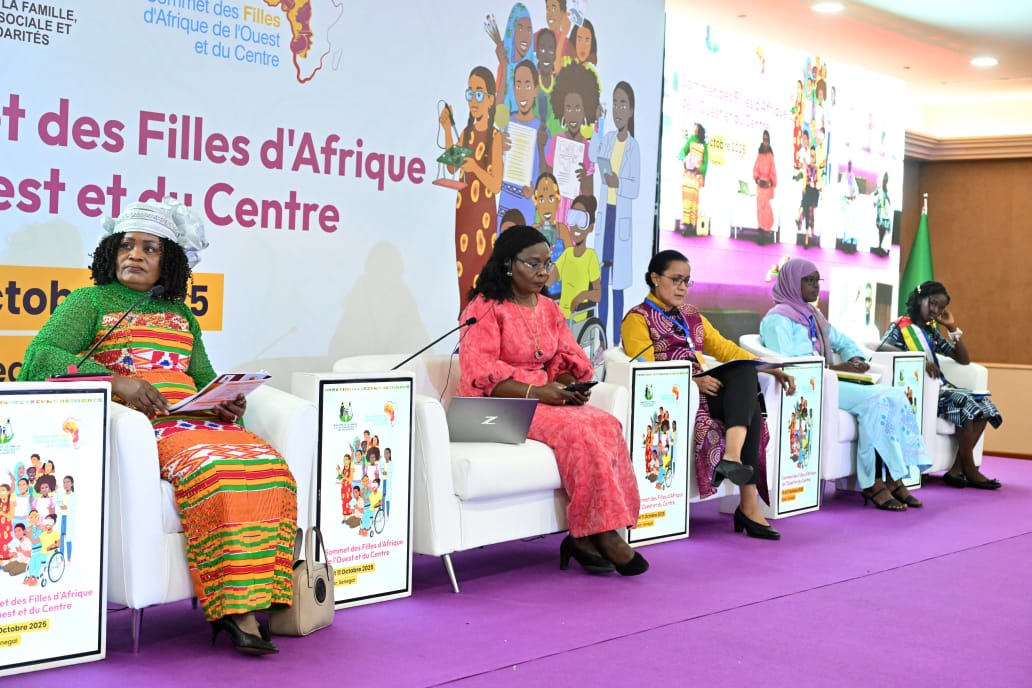

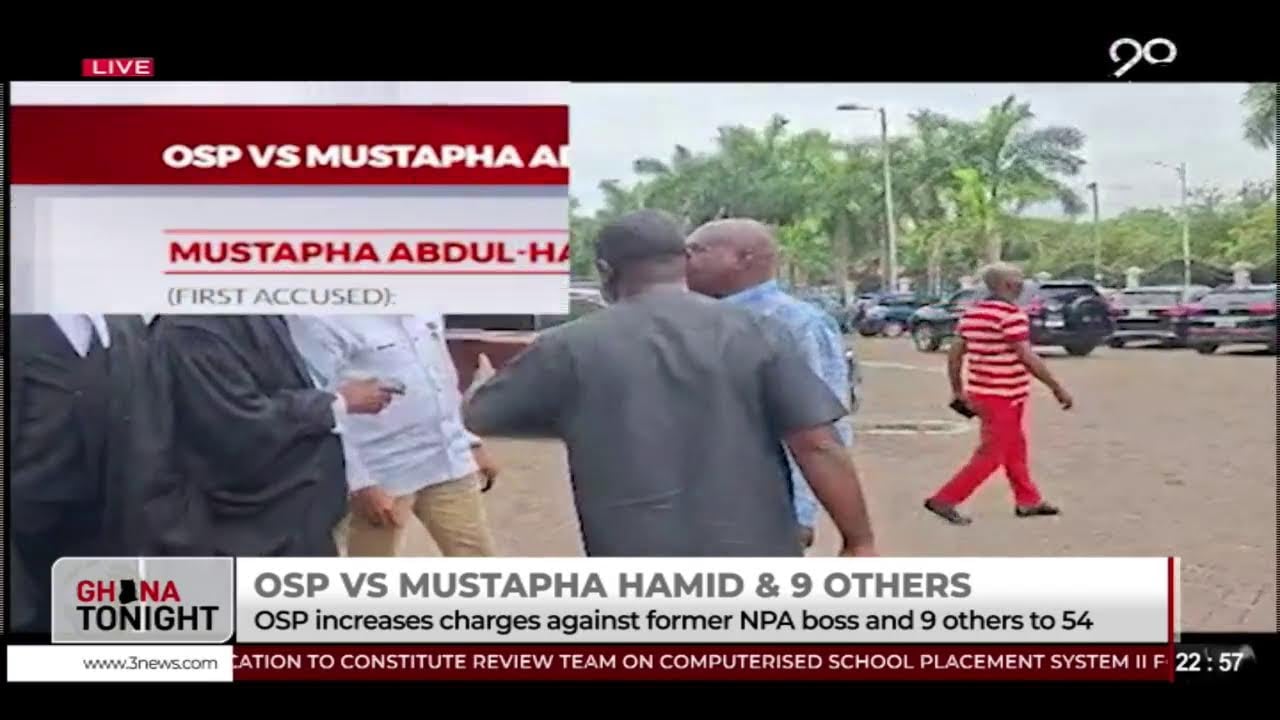
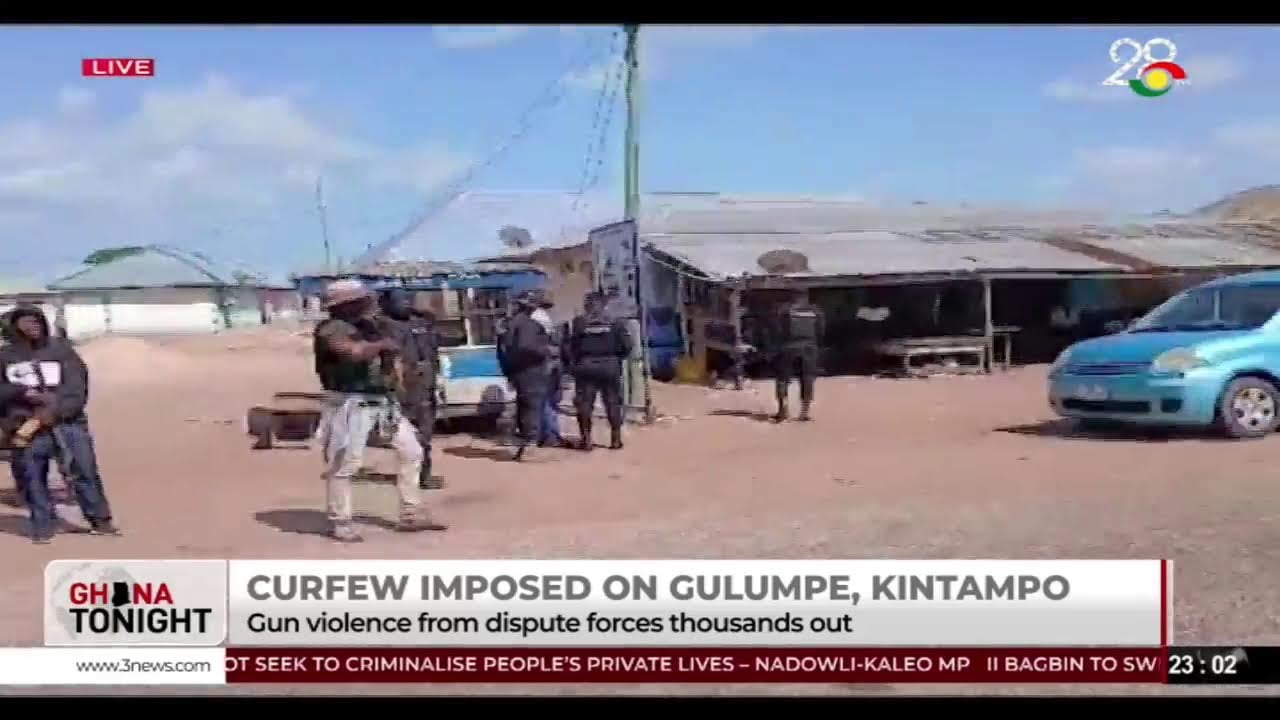
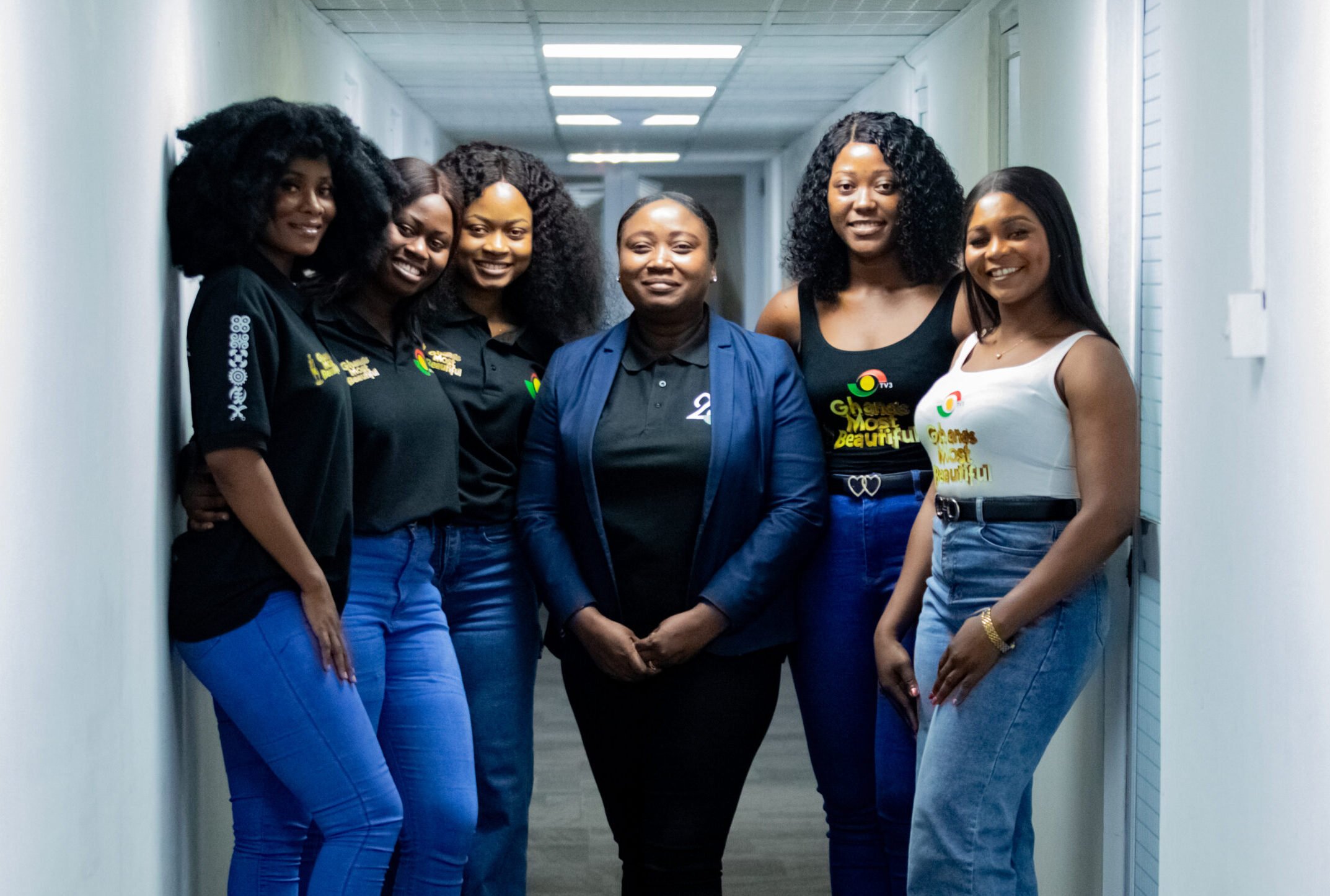
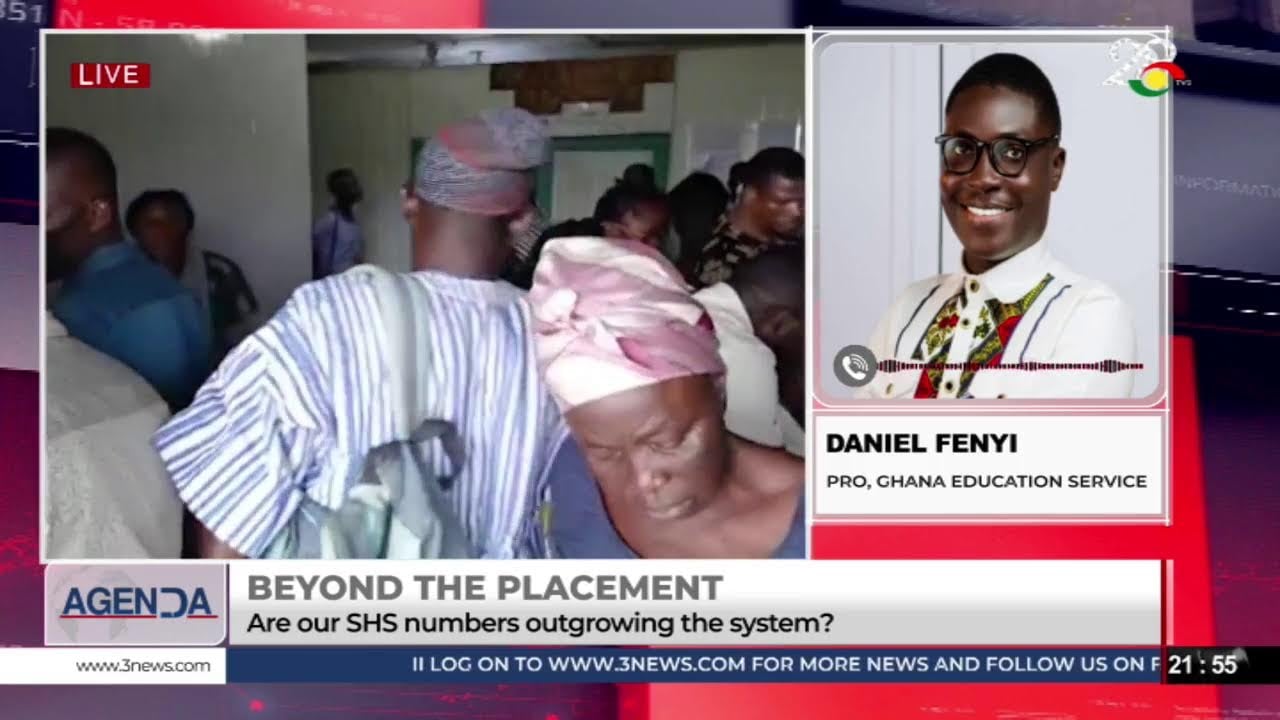
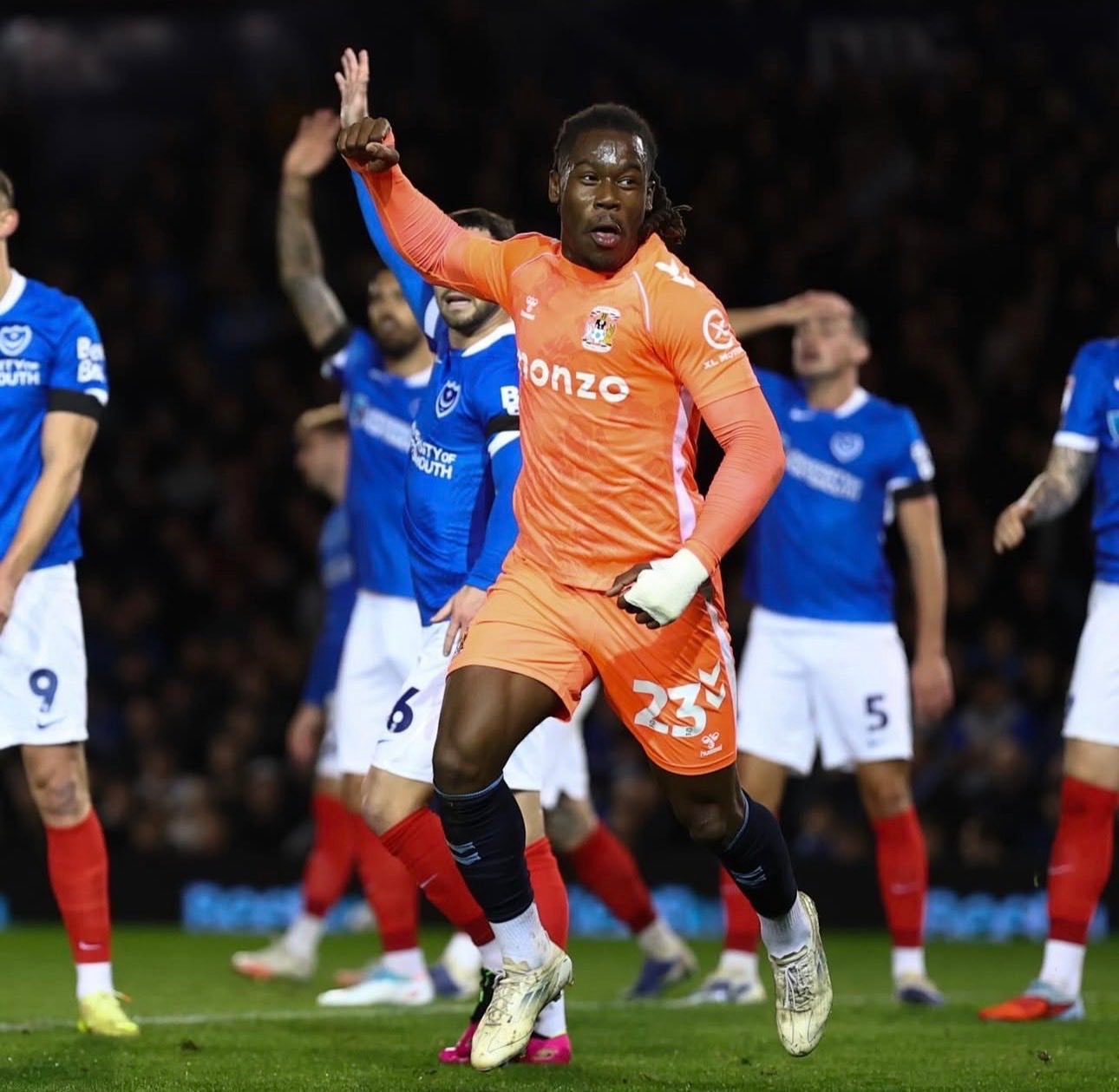




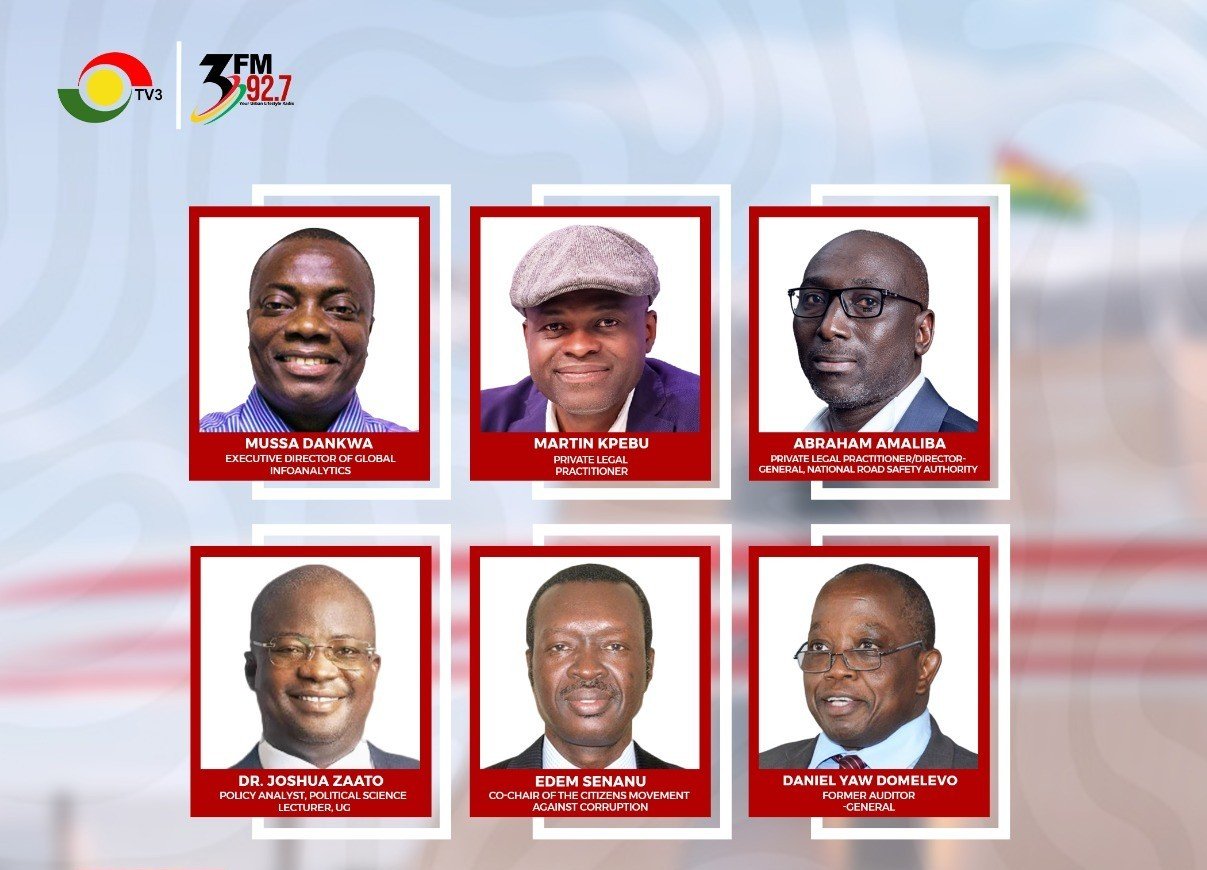
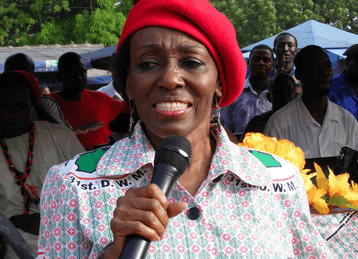


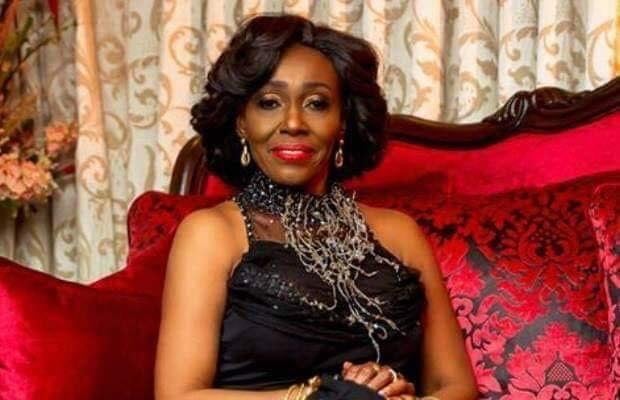

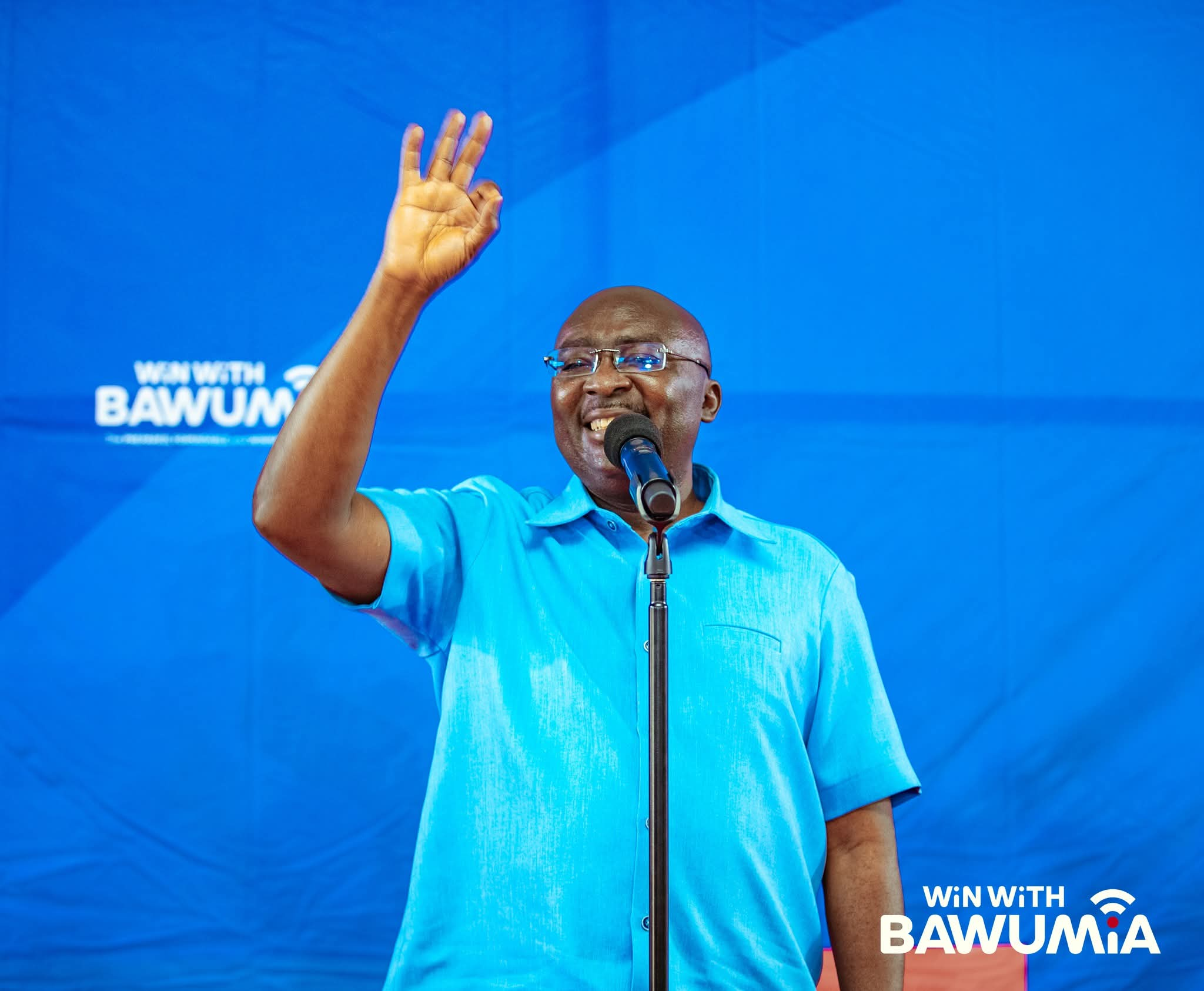
Facebook
Twitter
Pinterest
Instagram
Google+
YouTube
LinkedIn
RSS